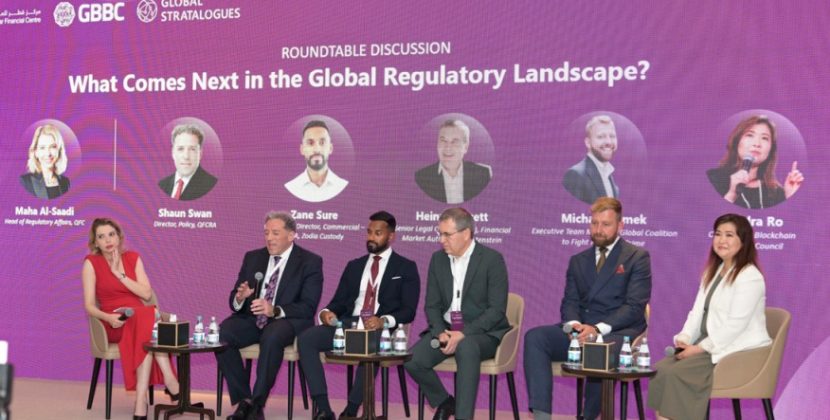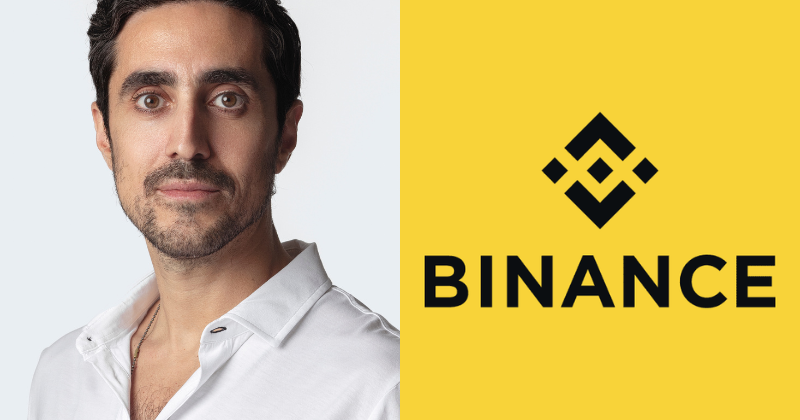
Qatar Financial Center, has published a report on the future of digital assets and underscores the need for coordinated regulatory frameworks and multi stakeholder cooperation to unlock the future of real world asset (RWA) tokenization, mentioning that Qatar will in the future work on stablecoin implementation.
The report which was created in partnership with Global Stratalogues and the Global Blockchain Business Council offers insights from global experts who all believe that the successful development of inclusive and future-ready token ecosystems hinges on cross-border regulatory alignment, strategic infrastructure investment, and public-private collaboration.
The findings highlight that tokenisation, when embedded within a coherent policy framework, can expand market access, enhance financial inclusion, and deliver tangible value across economies.
Some of the key points of consensus from the roundtable, as highlighted in the report, is that global regulatory alignment is emerging but unevenly as legal definitions and compliance requirements vary across jurisdictions.
The report also noted that there is a tendency to be pragmatic more then perfectionist as tokenization is still in formative stage.
The report mentions that infrastructure and interoperability should be prioritized.
The QFC report calls for institutional sandboxes and global standards. Qatar’s regulatory sandbox was cited as a global best practice.
Yousuf Mohamed Al-Jaida, Chief Executive Officer, QFC, emphasized the need to lay strong foundations for tokenization, stating: “Tokenization can unlock real value by making assets more accessible and easier to transfer. To realize this potential, we need a clear system that combines robust regulation, secure custody, and practical application. This will create a trusted environment that enables institutional adoption and drives sustainable market growth.”
Highlighting the practical application of digital tokens, Henk J. Hoogendoorn, Chief Financial Sector Officer, QFC, said, “Tokenization must serve a purpose. It should democratize access and create real-world value. Qatar is committed to making tokenization of real-world assets a success.”
The report came out during the inaugural Digital Assets Policy Roundtable, hosted by the Qatar Financial Centre (QFC) in partnership
with Global Stratalogues, and the Global Blockchain Business Council (GBBC), convened during the Qatar Economic Forum as a landmark forum for cross-border regulatory coordination and institutional dialogue.
Qatar Digital Asset strategy still excludes crypto but is open to stablecoins
Representing the QFC, Hoogendoorn outlined Qatar’s strategic approach to digital asset development, reiterating Qatar’s position on cryptocurrency restrictions. He noted that the official policy is that “Crypto is a no-go for now” as previously stated by QFC CEO” during Qatar Economic Forum this year. The focus is on RWAs. However he mentioned that in terms of future outlook there will be selective cryptocurrency adoption anticipated, likely beginning with stablecoins. In terms of regulatory coordination Hoogendoom explained that this would be a join initiative with Qatar Central Risk Authority and the Central Bank of Qatar.
Qatar Financial Center strategy is tokenization for Investment sector
The report also noted that QFC strategic vision it to apply tokenization in the investment sector, to innovate in the areas of private equity, sharia compliant digital asset mechanisms, allowing secondary market liquidity through token trading. The strategy also seeks to help venture capital with early exit opportunities for investors.
In terms of Islamic Finance tokenization applications, the report sees trade finance digitization as one of the solutions, as well as investment product tokenization, and Murabaha trading structure automation.
Recently for example the Qatar National Bank ( Singapore Branch) and DMZ Finance, a blockchain financial technology company also headquartered in Singapore received the first MENA regulated tokenized money market fund from Dubai Financial Services Authority, the regulatory body at DIFC in Dubai UAE. QNB, the largest financial institution in the Middle East and Africa, will serve as the fund’s lead originator and investment manager. DMZ Finance, acting as co-originator, providing the exclusive tokenization infrastructure powering the fund.
RWAs are increasingly recognized as a critical bridge between traditional finance (TradFi) and decentralized finance (DeFi). According to a recent report by Ripple and BCG, the market for tokenized RWAs is projected to grow to USD18.9 trillion by 2033 under a midpoint scenario.
Attendees of the QFC roundtable noted that tokenization will need 5-10 years to become a standard business practice, integrating routine banking and financial operations without specialized attention. However it will be inevitable that AI and Blockchain integrated as a requirement for proactive regulatory frameworks.











